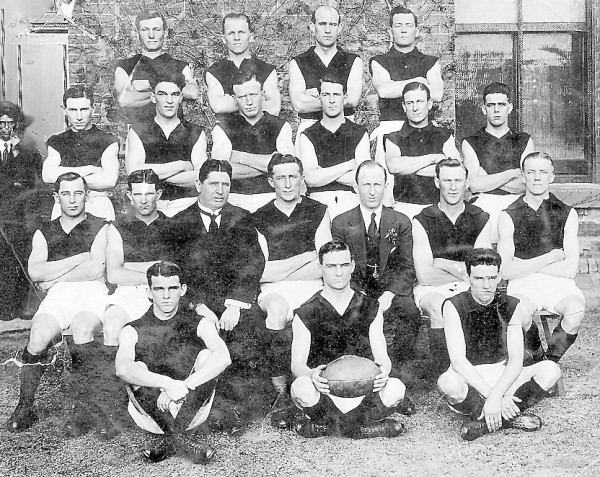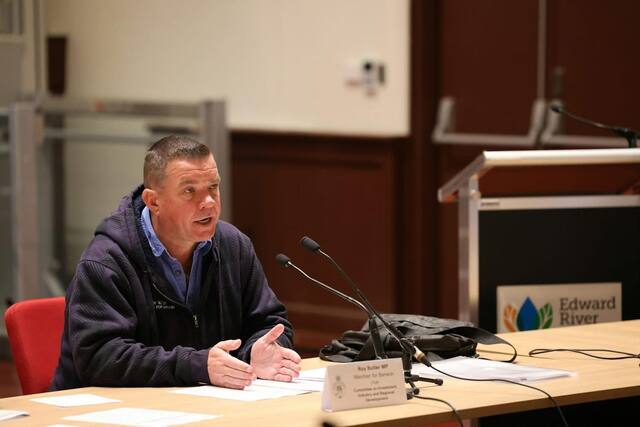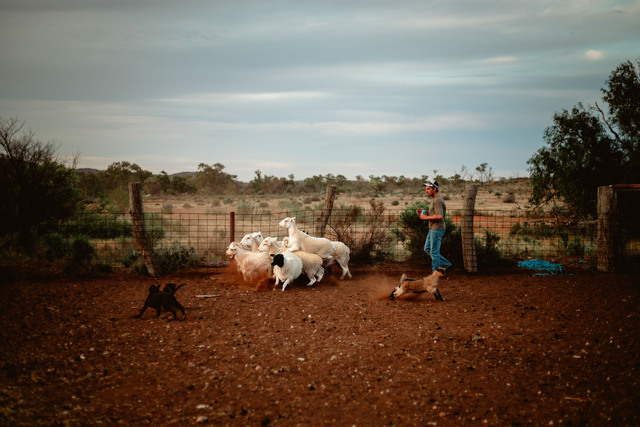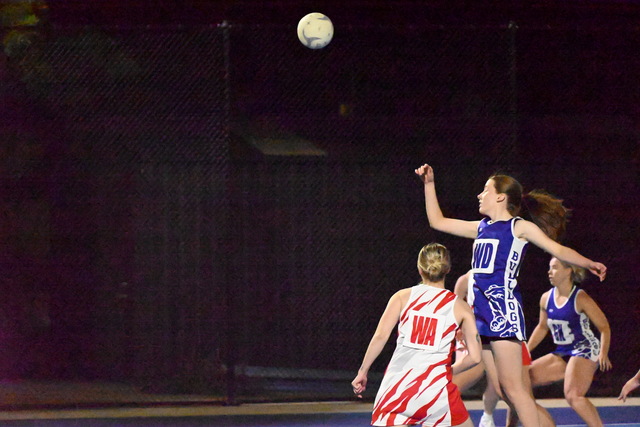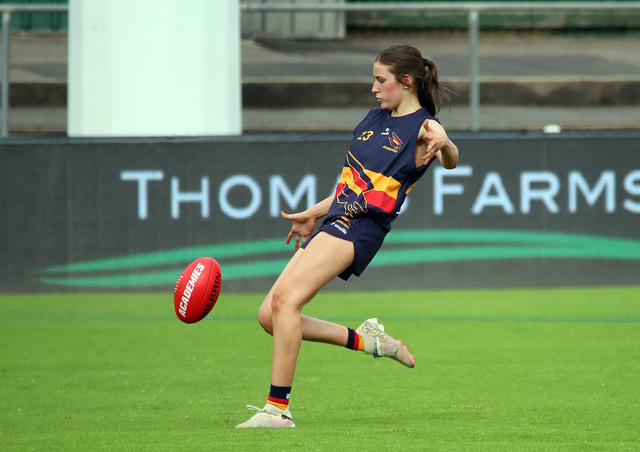BORN in Mount Barker in regional South Australia, Robert “Bobbie” Barnes, with his parents, moved to Broken Hill when he was young.
Barnes started played his early football for West Broken Robins Hill Football Club in the Barrier Ranges Football Association, winning the Kenwrick Medal for best and fairest player in the competition in 1918.
A rover, he was recruited by West Adelaide of the 1921 season and represented the South Australian interstate team that year, the first of eight state appearance in his debut season.
There had already been attempts to lure Barnes to Adelaide after World War I, while he worked at Port Broughton, but Barnes returned to the Silver City.
He received offers from Port Adelaide, North, Sturt and South as well.
Famously during his first season (’21) against the North Adelaide Roosters, Barnes kicked a goal from 70 yards out after the final bell rang to draw the match.
Folklore has it that West Adelaide supporters carried Barnes shoulder high from the ground.
In just his second season, 1922, Barnes won the prestigious Magarey Medal for the best and most brilliant player in the SANFL and played in West Adelaide’s losing grand final team.
He was in his mid 20s (in ’22, born 1896) when Barnes collected the SANFL top individual honour with eight votes, two ahead of Sturt champion and posthumous Magarey medallist from 1920, Victor Yorke Richardson.
Defying the odds, Barnes had been considered by many to be too small for league football.
Interestingly he was amongst four players from the Silver City, along with teammate Bruce McGregor (1926-27), West Torrens Dave Low (1912) and Jack Mack who had a season with South before returning to Port Adelaide in 1907, in a two-decade period, interrupted by a World War.
McGregor, in an interview with the West Adelaide Football Club in 1980s, called Barnes his hero at West Broken Hill, being a few years older than him.
He said along with Port Adelaide’s Bob Quinn, Barnes was the best stab pass he’d seen and skilful at evading opponents, like Barrie Robran and Phil Gallagher.
In Barnes’ medal winning season, West had finished the minor round in fourth place with a seven win-seven loss record.
They defeated West Torrens in the second semi-final but terrible inaccuracy hurt them in the decider and the Bloods were defeated 9.7 (61) to 2.16 (28) by Norwood in the grand final at the Adelaide Oval in front of a crowd of 31,000 patrons.
In Merv Agars’ book on the first 100-years of the West Adelaide Football Club, Bloods, Sweat and Tears, Barnes was described as…“being of stocky build, resourceful in difficult circumstances, sure in the air and a beautiful driving kick”.
He possessed wonder dash and always puts in, being the mainstay of the whole West system.
Barnes was an unassuming champion and “could handle pressure”.
In the 1923 and 1924 SANFL campaigns, Barnes continued with fine seasons, but in ’25 due to illness he only played six games.
As a rover, Barnes led West Adelaide’s goal kicking with 17 in 1924.
He was initially selected as captain of West Adelaide in 1926, after internal wrangling and due to his support of the president of the era, Bert Edwards – the man that recruited him – after four games Barnes resigned and tragically never played SANFL football again.
Robert George Lavington Barnes, or “Bobbie” to his mates, finished with 59 games and 67 goals for West Adelaide.
In 1927, Barnes was appointed as captain-coach of the Albury Football Club in the famous rural competition, the Ovens and Murray Football League on the Victorian and New South Wales border.
In the 1930s, the newspaper The Sport gave Barnes a wonderful accolade, saying: “Bob Barnes was the best rover we saw here for many years. He was a born footballer with wonderful anticipation, which gave a great fillip to his sharking facilities (ability to extract the ball from a contest).
“Everyone admired Bob so much that it was very rare he was played a dirty trick.
“He was like a ‘will ‘o the wisp, here, there and everywhere.”
Barnes passed on September 27, 1967, at his home in the Sydney suburb of Strathfield, aged 71.

